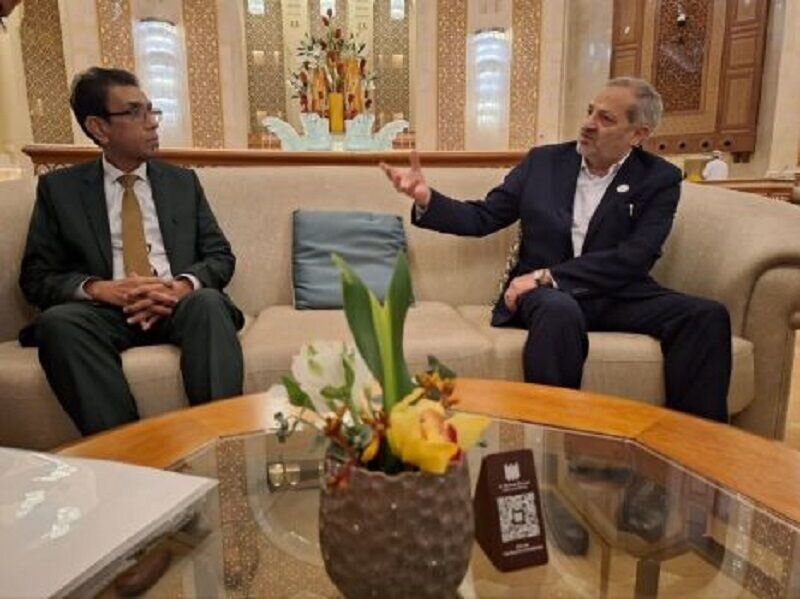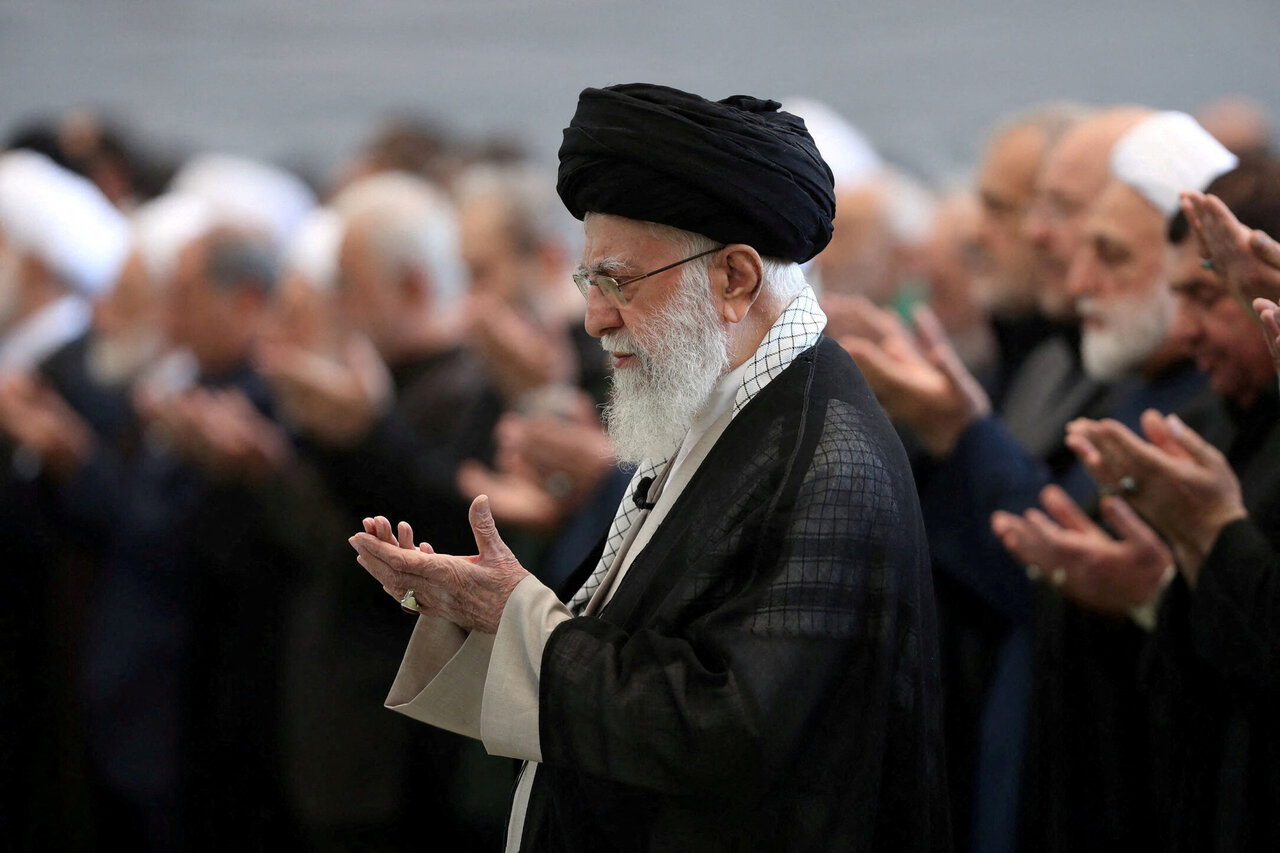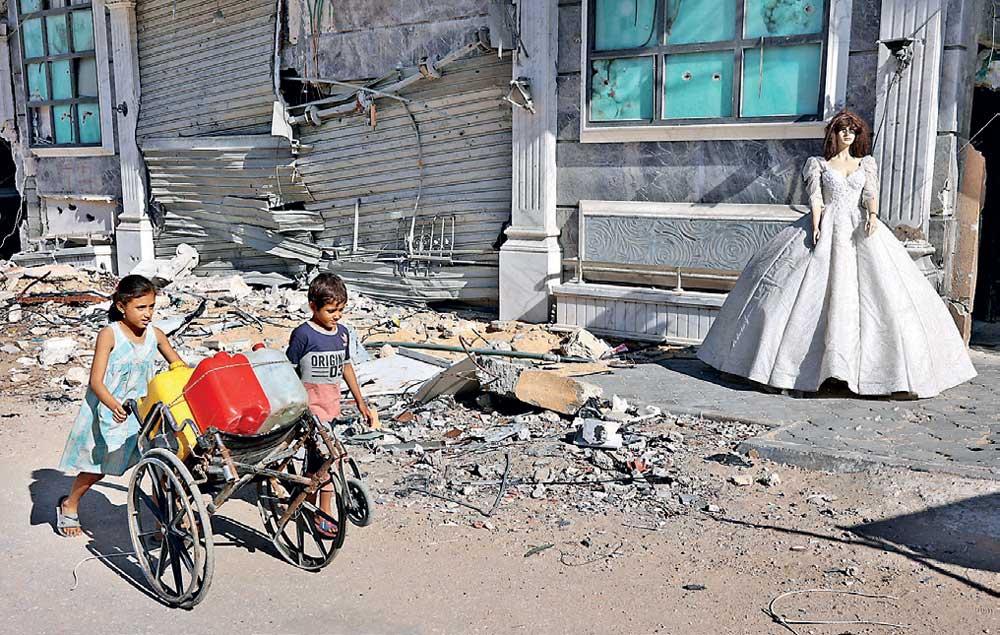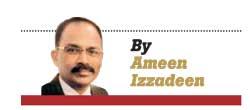Ahmet Mehmet
In July 2024, Forbes, supposedly one of America’s “reputable” business magazines, reported that between April and July of this year Russia lost 90,000 soldiers. Then came the September 2024 announcement from the BBC that in total Russia has lost 70,000 since the start of the full-scale war in Ukraine in February 2022.
We will not get bogged down in the pedantic and inconsistent aspects of western propaganda. However, the above inconsistency gives a clear indication that a sober analysis outside of the Russian and western propaganda narratives is needed to determine where the war in Ukraine is heading.
Based on the overall assessment, the situation appears quite pessimistic. The war in Ukraine is heading towards World War Three.
Prior to regressing to that stage, most parts of the world are likely to experience a series of regional wars which will morph into one big, decentralized war.
Most observers and analysts are focused on West Asia and the ongoing resistance to zionist Israel’s genocidal war on Gaza and now extended to Lebanon. The conventional wisdom is that this region will become the catalyst for a major war. It is, however, more likely that the war in Ukraine will escalate to World War three.
It may be asked why our analysis does not focus on Ukraine’s political situation. The reason is that the war in Ukraine was never simply a war between Russia and Ukraine.
In August 2024 when the NATO-equipped Ukrainian forces launched a daring military incursion into Russia, NATO regimes were euphoric.
This euphoria, however, proved short lived. It became clear within two weeks that the military move was not synchronized with a coherent political strategy.
In wars, political defeats and inconsistencies easily annul battlefield gains. Just ask Israel.
From the beginning of the Ukrainian incursion last month, the Russians understood that Kiev’s military dimension is not part of a well-designed political strategy. This is why the awaited jolt did occur within the Russian establishment and the wider society.
To understand how dire the situation of the anti-Russian forces in Ukraine is, let us refer to one of the most influential Ukrainian politicians and intellectuals today, Aleksei Arestovich.
Most people who do not speak Russian or Ukrainian, may probably not have even heard of Arestovich and do not fully understand his influence in Ukraine and the regions of the former Soviet Union.
A former military officer, Arestovich was an advisor to President Volodymyr Zelenskyy for three years until January 2023. After his resignation, Arestovich left Ukraine and began exposing corruption and the vast incompetency of the Zelenskyy regime.
To put it in context, Arestovich commanded significant public influence in Ukraine prior to the full-scale war with Russia and remains a staunch critic of Moscow.
On September 22, Arestovich gave a lengthy interview to a prominent Ukrainian journalist Aleksander Shelest. In it, he described in detail Ukraine’s dire military and political situation.
The most interesting part of Arestovich’s interview was that he called for a peace deal with Russia as soon as possible.
He explained in detail why western regimes are in the process of losing the overall geopolitical struggle against Russia and China.
It may be asked, what has the Russia-Ukraine war to do with World War three. The war in Ukraine is where western regimes have put their entire political, economic and military reputation at stake.
If anyone conducts even a superficial study of contemporary western political conduct and the ruling caste, one primary characteristic that clearly emerges is their arrogance!
It is one trait that blinds and it is quite evident that western elites are blind to the reality that in a new multipolar global order they have to learn to respect special geopolitical interests of others.
In Ukraine, all that Russia needs to do is not lose. True, Russia’s performance has been lacklustre at the tactical level, but it is not losing the war.
The Russian government managed to create the impression in its society that it is battling NATO regimes in their entirety via Ukraine and it is a matter of life and death for their state’s survival.
NATO regimes understand that even if Russia manages to keep 50% of the territories it has annexed since February 2022, it will be seen as imposing its interests on NATO and humiliating it.
In politics and war, perception often shapes reality.
Western regimes understand that without their direct military involvement, the Ukrainians will not be able to hold out for much longer. Thus, the question is, will western regimes intervene?
The answer is, that they most probably will.
A settlement with Russia will mean that Europe will have to resume buying Russian energy resources to improve their declining economies.
Russia will use the cessation of hostilities to renegotiate contracts to compensate for economic losses and pressure Europe economically. This will not go down well with the US.
Washington will do its outmost to sabotage a settlement with Russia because restoration of EU-Russia economic ties post-Ukraine war will automatically sideline the US geopolitically and economically. Moscow’s economic strategy will be driven by the policy of luring Europe away from the US.
Compromising with Russia in Ukraine is a big deal. It will be a first time since 1945 when western regimes will have to appease their adversary at the doorstep of their own geopolitical sphere.
As the US global hegemony is unravelling, America will be particularly vicious, like all declining empires have been in such situations.
Washington’s reaction to the genocide in Palestine and the war in Ukraine shows that the American political elite believes that only by doubling down they can maintain their hegemony.
This approach means only one thing: total escalation.
Unlike 20 years ago, opponents of US imperialism are capable of escalating as well, be it Russia or Yemen. The unfolding regional war in West Asia under American supervision and Israeli implementation shows that sooner or later the theater of war will link-up with Ukraine at the geopolitical level.
There are already reports of some Iranian involvement in Ukraine.
Washington will continue encouraging Israel to attack American adversaries in West Asia.
It is likely that there will be greater Iranian involvement in Ukraine to push instability into the western geopolitical sphere as the US has been doing for decades in other regions.
As NATO escalates pressure on Russia, China will increase its political and economic backing of Russia.
Beijing does not want to be left in a one-on-one situation with a hostile imperialist bloc in the global geopolitical standoff.
The above indicators point to the fact that the war in Ukraine is unlikely to scale down any time soon. This was something that was clearly hinted at by even UK Foreign Secretary David Lammy a few days ago when he stated that Russia-Ukraine war could continue beyond 2026.
Observing the broader geopolitical developments alongside those in Ukraine clearly point to regression towards a global war of unprecedented scale since the 1940s.
The primary difference between the emerging and the previous world war is that there will be no single centralized front.
Regional and non-regional events will be decentralized and not tied to one power center or front. This characteristic will make it particularly difficult to spot the point of no return and halt global hostilities.
Ukraine War







